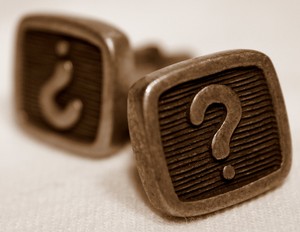Firstly, What Is Sex Addiction?
This is a tricky question, as the experts don’t yet agree on the answer.
Sex addiction is not yet a disorder recognized by the American Psychological Association (APA) in its manual of disorders, the DSM-IV Revised. The APA does recognize problematic sexual activity as a "sexual disorder".
Some therapists believe that sexually disordered behaviors arise out of a true clinical "addiction to sex" and that the term sex addiction is a valid descriptor of the condition. Other therapists believe that sexually disordered behaviors arise as a result of compulsive or obsessive disorders and can be treated similarly to obsessive compulsive conditions.
While the mental health community has yet to explicitly define the problem, the community does recognize that for a lot of people, sexual activity, thoughts and drives do cause a lot of problems and that people with problematic sexual activity need and respond to appropriate treatment.
Since sex addiction is colloquially known to describe problematic sexual behaviors and since addiction may be an accurate descriptor, we use the term sex addiction as a default term.
Do You Have a Sex Addiction?
According to the non profit organization, The Society for the Advancement of Sexual Health, an early advocacy group for the treatment of disordered sexual behaviors, there are three primary indicators of a sex addiction:
- Do you lack control over your sexual behaviors? Are you unable to control when, how, how much and how often to engage in sexual behaviors – or unable set and follow limits on your behaviors?
- Has your uncontrolled sexual behavior caused you substantial real life consequences?
- Do you lack control over how much time you spend thinking about sexual activity?
Frequency of sexual behavior does not characterize sexual addiction; rather it is the degree of control over sexual thoughts and actions and the consequences of those actions that are more relevant. Answering yes to one or more of the preceding three questions indicates a cause for concern and the potential existence of a sexual addiction.
There are a number of effective treatments available for the treatment of sexual addiction or sexually compulsive behaviors, which can include a brief course of talk therapy or anti depressant medication. Talk to a therapist versed in sexual addiction for an accurate diagnosis of any possible disorder and to learn what steps you can take to retake control over your sexual behaviors.
Page last updated Aug 17, 2010


